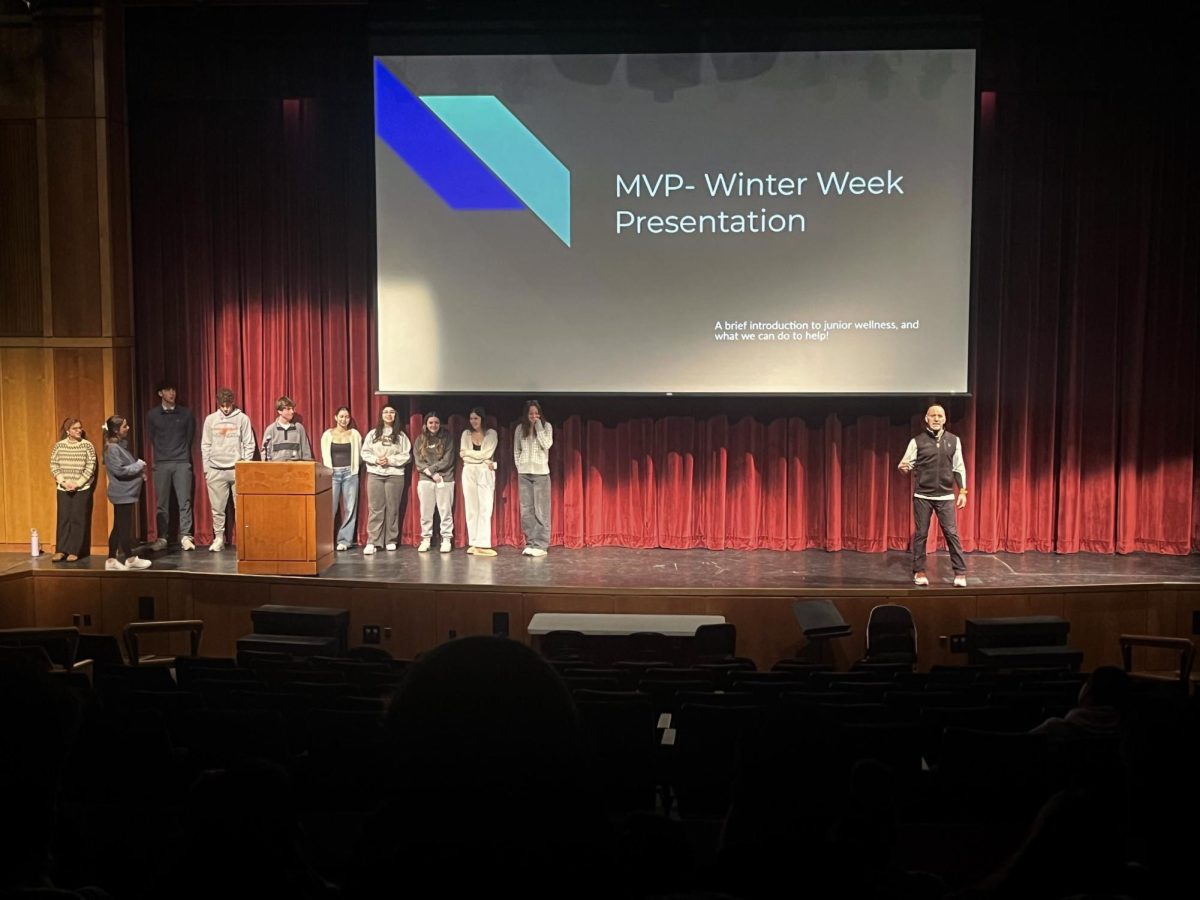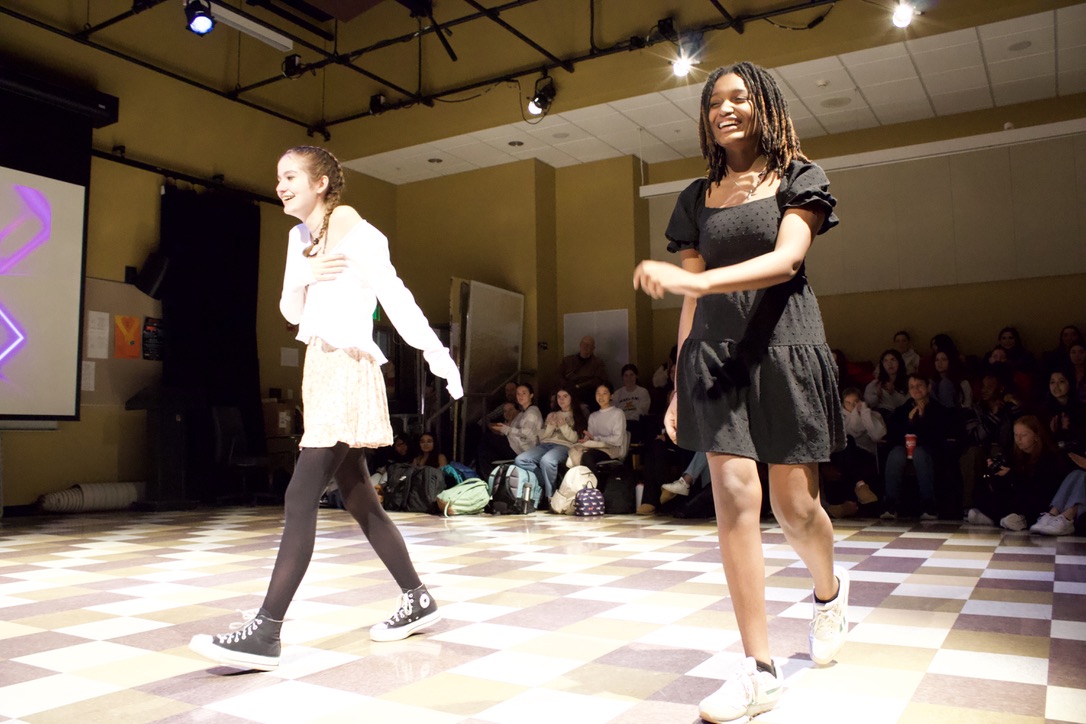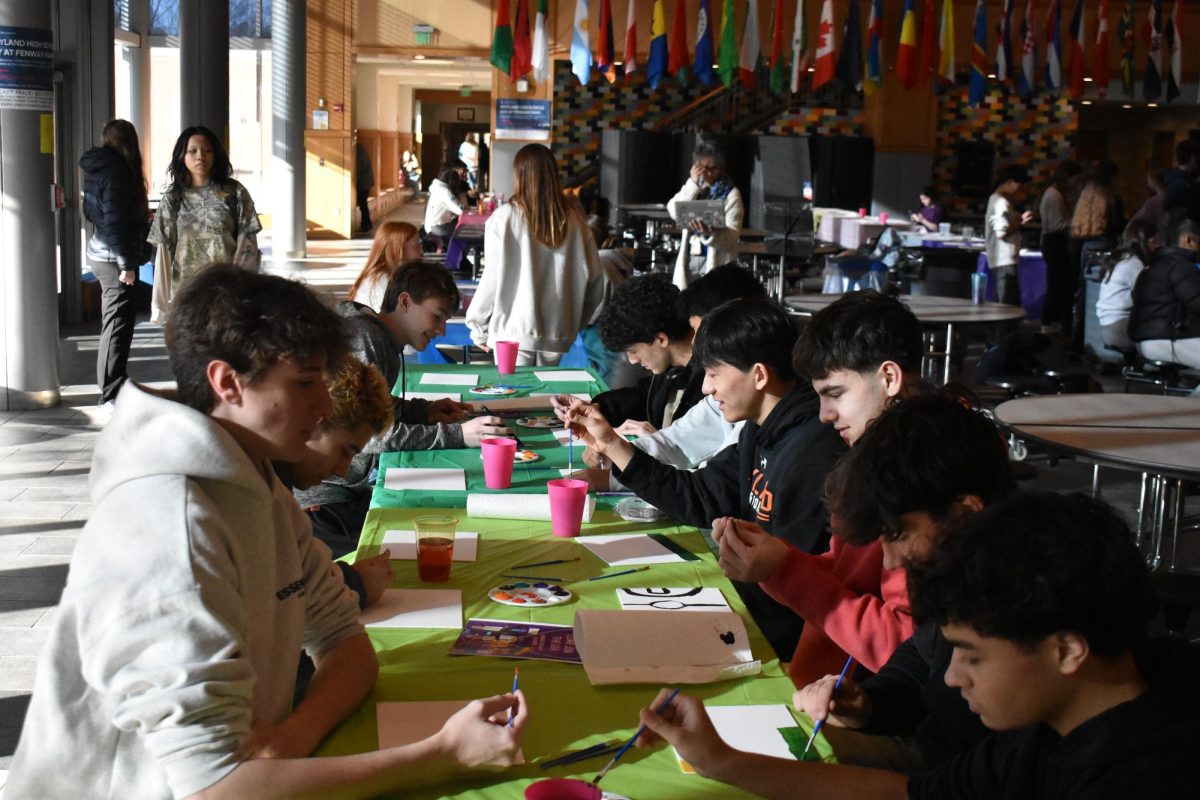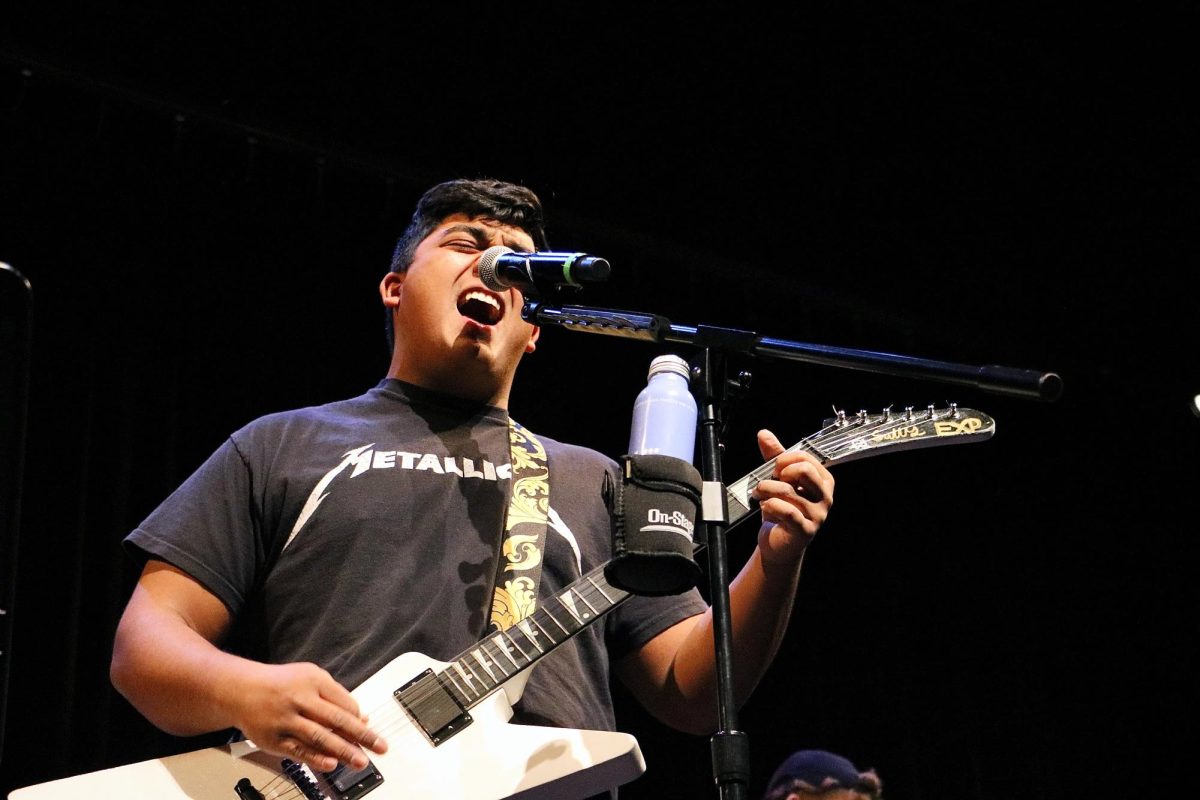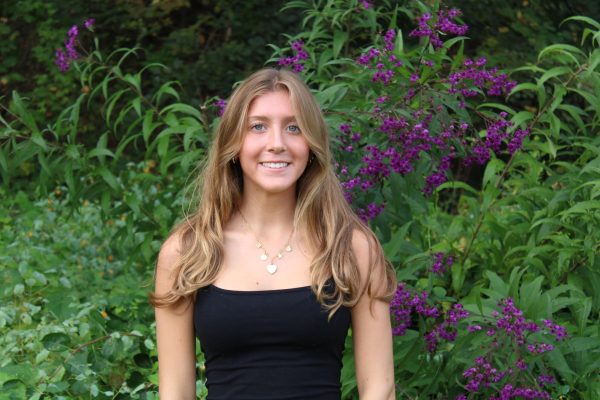On Thursday, Jan. 30, the Mentors in Violence Prevention (MVP) program at Wayland High School (WHS) talked to the junior class about the importance of standing up for healthy relationships. WHS seniors Braden Leichliter, Ridley Keegan, Paul Lang, Anna Varney, Rebecca Grossman, Olivia Todd, Lily Thompson and Finley Knapp led the presentation to promote awareness around physical, emotional and sexual abuse.
MVP was originally founded, specifically for college athletes, in 1993. The program’s goal is to educate the leaders of the campus so that the culture of the school is contributing to the prevention of domestic violence and to help recognize and reduce dating violence.
MVP and the education of domestic violence protection has been part of the wellness curriculum for juniors at WHS since 2013.
At the beginning of the presentation, each student presenter shared their name and why they are participating in MVP club. Along with this, they also shared their personal connections to this issue.
“I joined because we live in kind of the ‘Wayland bubble’ and we live in a really safe town and I know a lot of people who have been affected by this and I think it is really important to be a part of this,” senior Finley Knapp said.
Student presenters then led the junior class through a slideshow presentation about what domestic violence is and the signs of healthy and unhealthy relationships. After a brief summary of each topic, students were able to share their own thoughts and what they think are the signs of a healthy and unhealthy relationship.
Near the end of the presentation, students were then shown a video of what an unhealthy relationship might look like. The video showed two teens, Will and Zoe, who were dating. It highlighted some of the signs of an unhealthy relationship, specifically a relationship that may appear to be perfect on social media but is not healthy in real life. After the video, students were asked about what aspects of the video stood out to them and what the key warning signs of an unhealthy relationship could be.
At the end of the presentation, MVP leader Jessica Teperow shared her words with the Class of 2026 about what domestic violence means to her and why it is important for students to hear this message.
“I just started to see just how many people it affects and especially when I would do events in high school and in college for my own community [and] I just had no idea [they] went through this [and] so many people I think sought me out as someone they could talk to,” Teperow said.
Teperow has been working in the field of domestic violence and sexual assault prevention, professionally, since 2000, but overall since she was in high school and throughout college. She has traveled to Washington D.C., Boston and California to spread her words and ideas about domestic violence and sexual assault prevention.
“Talking to students about these issues has really helped me understand that the most important thing is that we’re doing this work with a lot of intention around what comes after,” Teperow said. “Because these issues are so shrouded in secrecy and shame, it’s likely that someone will come forward and needs to talk,”
In a slide shown to students, it states that one in four women and one in ten men have experienced sexual or physical violence by an intimate partner in their lifetime. Along with this, over 43 million women and 38 million men have experienced psychological aggression by a partner in their lifetime.
Students and leaders of MVP also mention how talking to teachers, friends and family about these issues can be difficult for people who have personally experienced this. The presenters suggested advice for ways that students can connect with peers who have been effected by dating and sexual violence.
Teperow explained how she thinks that by giving this presentation, students who have experienced unhealthy relationships can feel more comfortable connecting with others in their community to get help. She feels that she is able to get through to students better when they are hearing it in this way and from classmates in their community and people who they might look up to.
“There’s so many different factors that influence how we handle situations,” Teperow said. “Where we don’t want to hurt our friend’s feelings or we don’t want people to not like us, and so just being able to kind of get in front of them and like having a better understanding”
Some of the leaders at MVP participate to promote representation among their grade. Leichliter explained that one part of his reason for joining was to encourage other males in his grade to participate in the program.
“I definitely think as a male it’s important to stand up for issues that might not get a lot of attention,” Leichliter said. “I was the only guy at the start and I brought two of my friends to help spread awareness. There’s definitely more stigma – a bigger stereotype around abusive males in relationships – and so helping spread awareness for that is also a great cause.”
For varsity football coach and wellness teacher Scott Parseghian, his involvement in the MVP program stems from his own experiences.
“I think it’s a powerful course,” Parseghian said. “For me, you’re gonna hear my story and why it changed my life. It’s the Lauren and Nate story, two students here at WHS who I knew very well. Their relationship and Lauren’s tragic death [deeply affected me]. So as a coach and somebody who was involved in these two teenagers’ lives, I vowed to myself that that will never happen again.”
Parseghian added that his participation in MVP program goes outside the classroom, and emphasized that there are many different forms of unhealthy relationships.
“Some of it’s just like the talk in the locker room,” Parseghian said. “You might be [gossiping] about some girl or maybe vice versa the girl is talking about a guy and that’s also unhealthy. It might not be dating but it’s again it’s a relationship. We’re not only gonna look at dating relationships but relationships in our school and how we can make WHS a stronger place for everybody.”

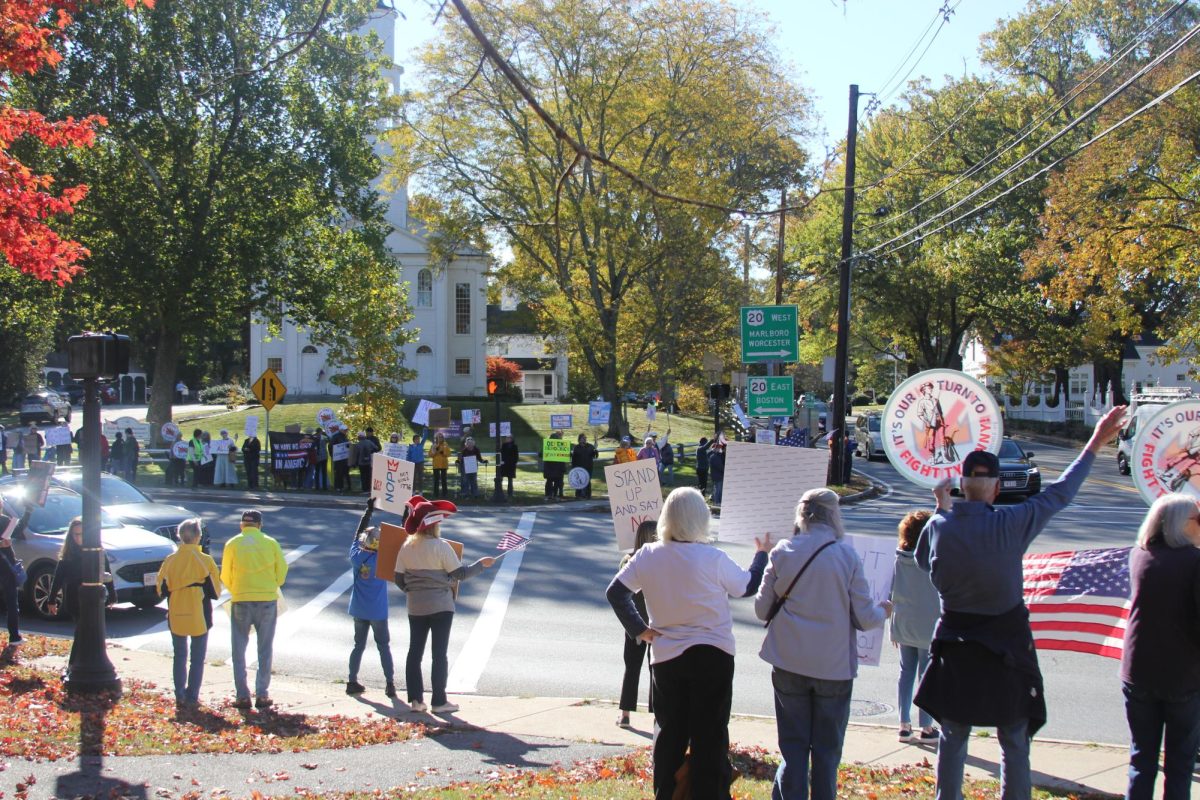









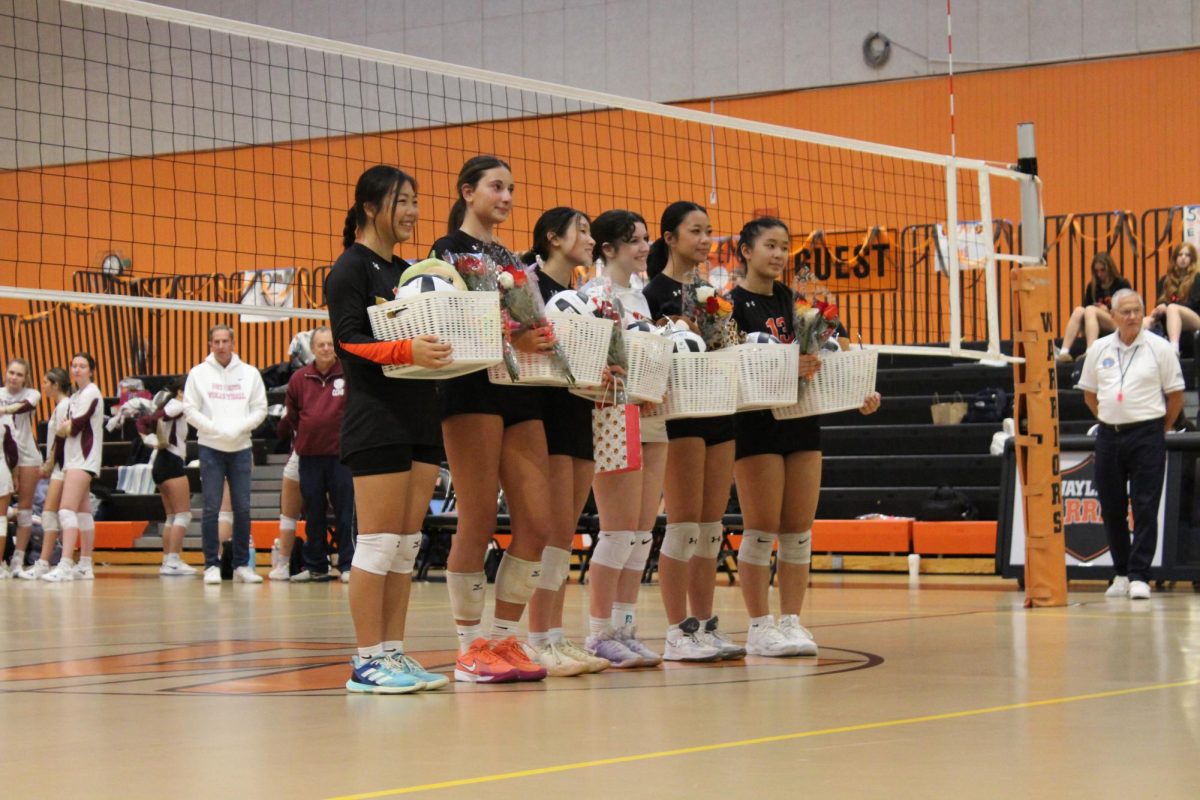
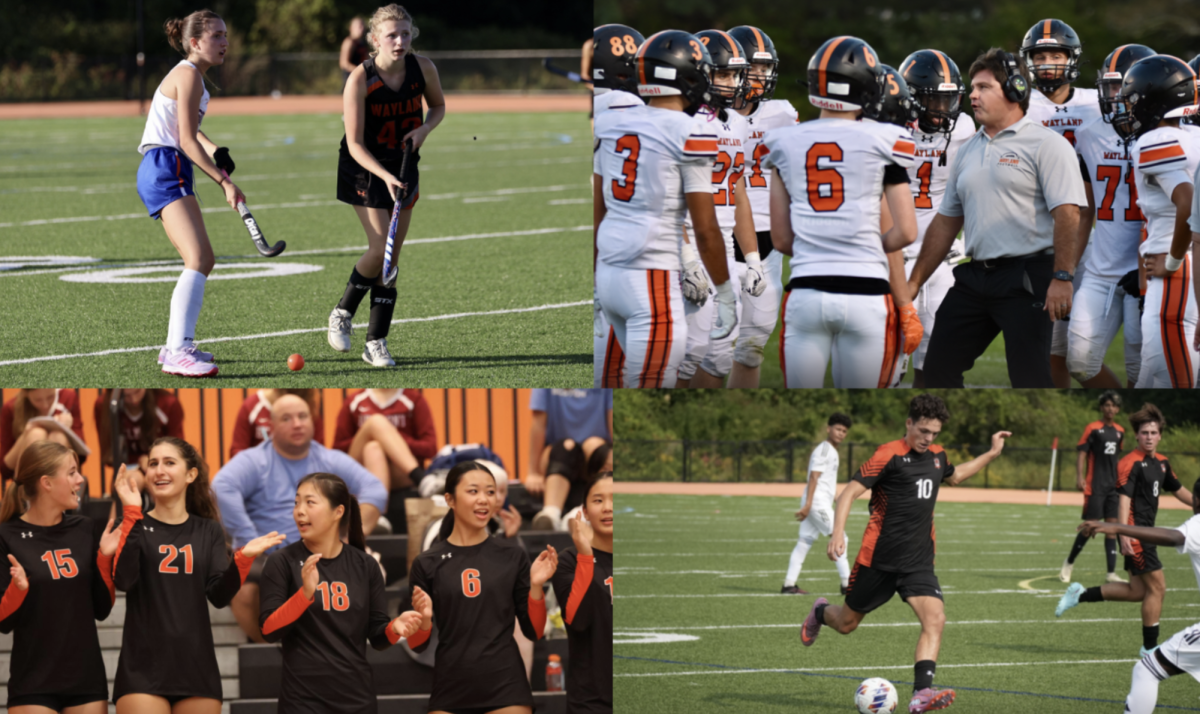
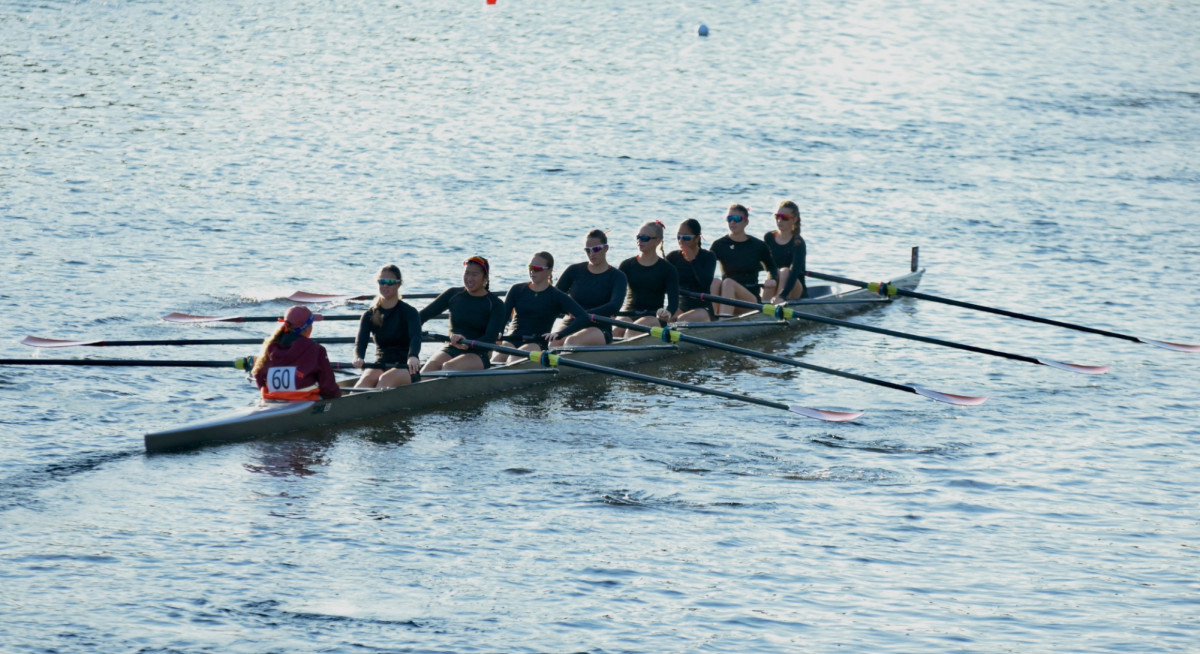
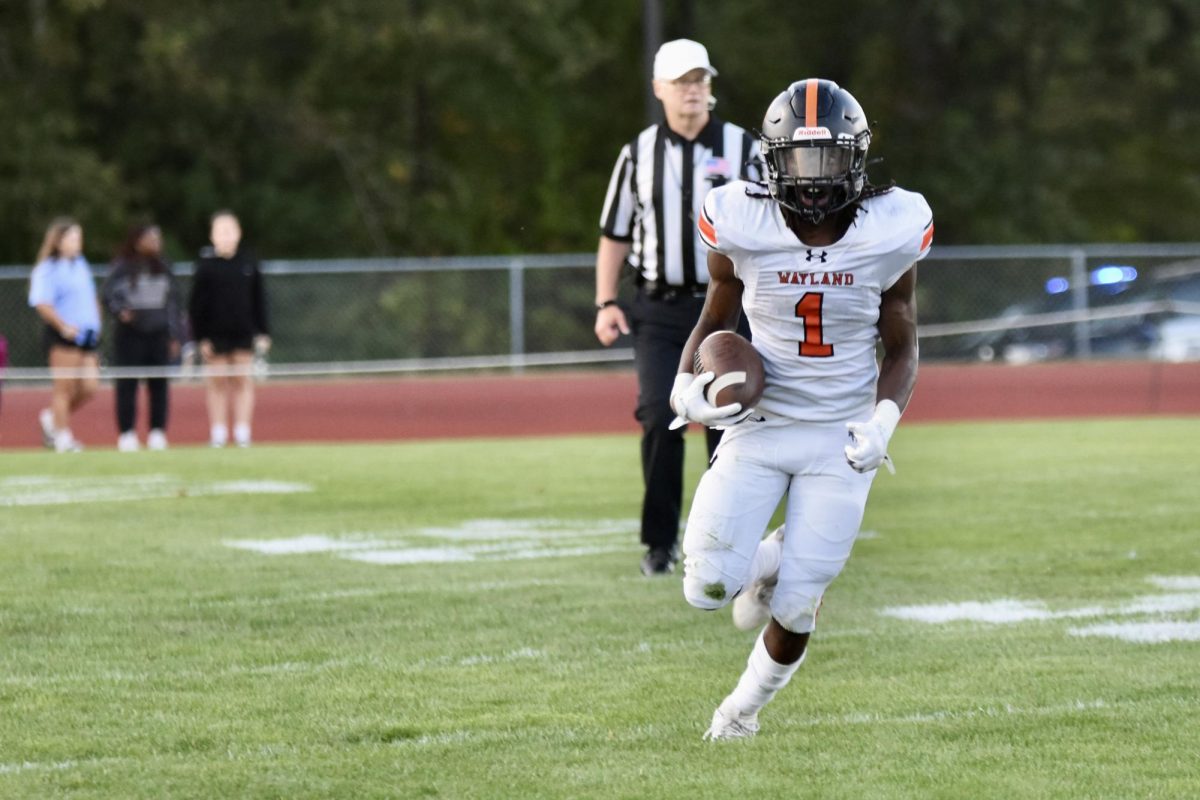
![This year, the Wayland team is made out of a JV team and a varsity team. There is a wide range of grades from eighth grade to twelfth grade that make up the teams. " [What] I will miss most [about the seniors] is their willingness to be involved," sophomore Mackenzie Grogan said. "Whether it was with school drama or referee frustration, they were really good at listening and giving good advice."](https://waylandstudentpress.com/wp-content/uploads/2025/10/8F0FD331-F005-4C3F-9F77-402D1C1953D6_1_201_a-1200x800.jpg)










